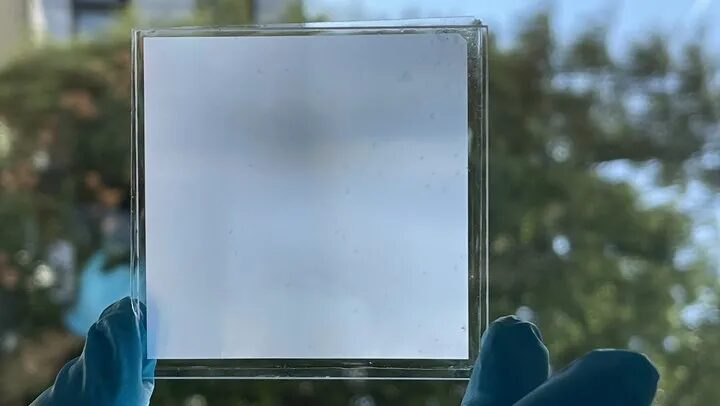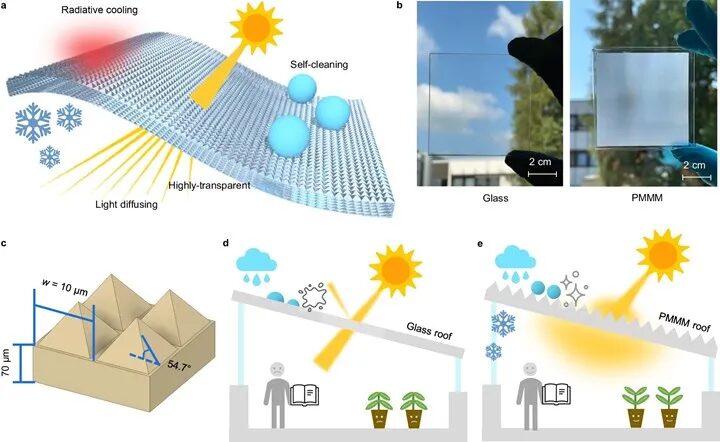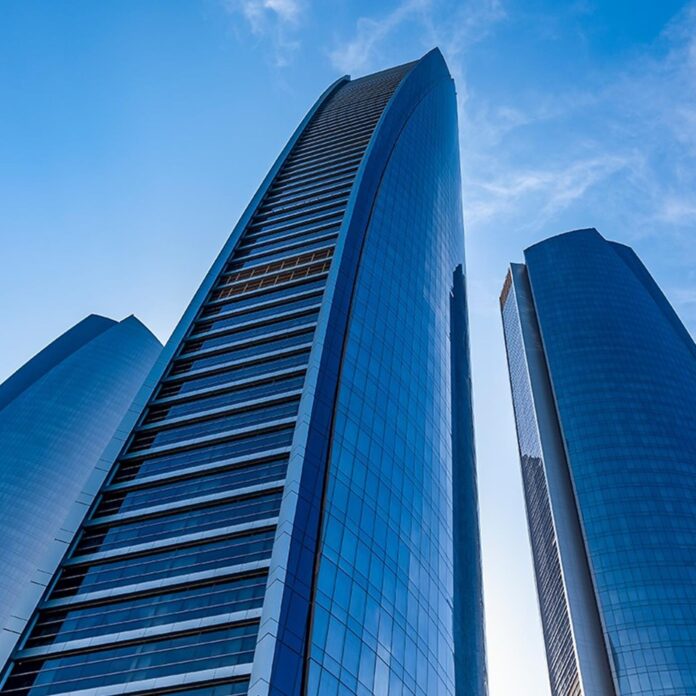Scientists from the Karlsruhe Institute of Technology (KIT) seem to have developed an alternative to traditional glass. This new material, while transparent, has the potential to reduce your electricity bills.
Having numerous glass surfaces in your home may be ideal for lighting, but it can also lead to excessive heat and prying eyes. However, researchers at the Karlsruhe Institute of Technology have developed a new metamaterial that could potentially replace glass on walls and roofs. This self-cleaning material is also more transparent to light than glass and addresses privacy concerns.

Could Serve as an Alternative to Glass
Glass components can increase the natural daylight entering a building while reducing energy consumption. However, using excessive amounts of glass components can produce glare, which may cause eye strain, headaches, and reduced visual clarity. This can negatively affect productivity and overall well-being, especially for individuals working in environments with excessive sunlight or bright lighting.
The KIT team claims that their newly developed metamaterial, named PMMM, can overcome all these limitations. According to the team, PMMM is a thin film that can be applied to regular glass and derives its enhanced properties from microscopic structures on its surface.

These structures scatter 73% of the light that hits them, giving the material a frosted appearance. Interestingly, this frosted appearance provides 95% transparency to sunlight (compared to 91% transparency for regular glass). Moreover, PMMM does not trap heat like traditional glass; instead, it releases heat in the form of radiative cooling, keeping the building cool on hot days.
According to tests, PMMM can keep the indoor temperature 6 degrees lower, reducing the need for air conditioning and thus electricity consumption. Therefore, the material also holds great potential for use in greenhouses. Another issue with glass walls, windows, and roofs is the need for regular cleaning. PMMM, however, is self-cleaning. The film exhibits superhydrophobic performance with a contact angle of 152 degrees.
In conclusion, this innovative metamaterial not only offers improved transparency and energy efficiency but also addresses maintenance concerns, potentially revolutionizing the use of glass in construction.

